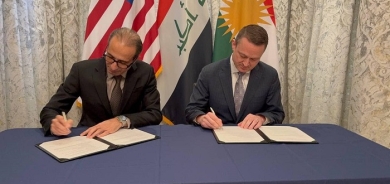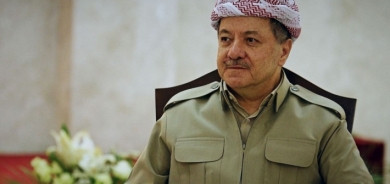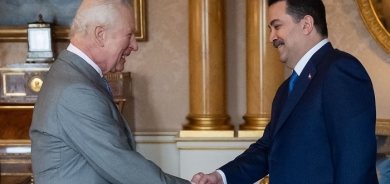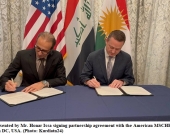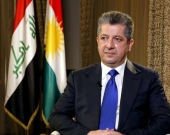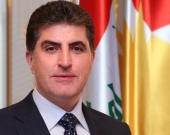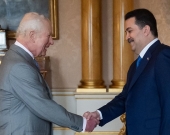Syria death toll now above 100,000, says UN chief Ban

The latest estimate of the number killed is 7,000 higher than that issued by the UN only last month.
Mr Ban was speaking at UN headquarters in New York alongside US Secretary of State John Kerry.
Both men stressed the urgency of finding a political solution to the conflict. Mr Ban appealed for fresh efforts to convene a peace conference.
In the past the UN has said its statistics are an underestimate as it believes many deaths have not been reported.
A further 1.7 million Syrians have been forced to seek shelter in neighbouring countries.
The UN announcement came as reports from the capital, Damascus, said that seven people had been killed in a car bomb attack.
Syrian state media said the attack took place in the suburb of Jaramana, home to many Christians and Druze, adherents of a syncretic offshoot of Shia Islam. There has tended to be more support for President Bashar al-Assad within those communities.
"The military and violent actions must be stopped by both parties and it is thus imperative to have a peace conference in Geneva as soon as possible," Mr Ban said, according to AFP.
Previous attempts at holding a peace conference have been delayed by differences between international powers, particularly Russia and the US, and doubts about whether all sides from Syria would attend.
However, Mr Kerry said that he had spoken to his Russian counterpart Sergei Lavrov on Wednesday and that both countries remained committed to holding a conference.
Mr Ban said that he and the UN-Arab League special envoy Lakhdar Brahimi would also "spare no efforts" to bring the conference about.
The UK-based activist group the Syrian Observatory for Human Rights (SOHR) meanwhile says that more than 2,000 people have died since the beginning of the Muslim holy month of Ramadan on 10 July.
The SOHR said that a majority of those killed in this period had been combatants from the two sides. The civilian death toll was 639, 105 of them children and 99 women, according to the SOHR's figures.
The SOHR also says that it believes that its statistics are an underestimate as "both sides do not reveal the true total of human losses".
BBC


